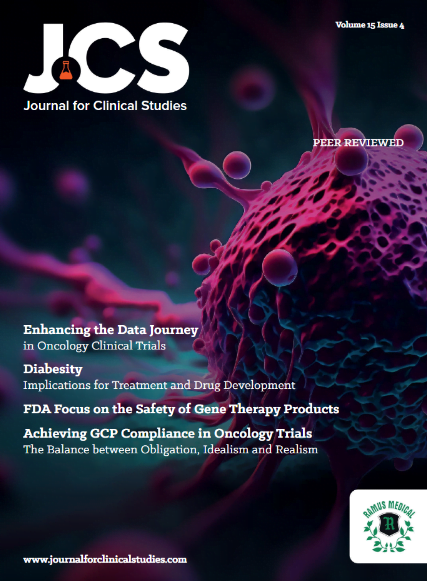- An experimental immunology drug from Eli Lilly has scored positive data in a mid-stage study of Crohn’s disease patients.
- The study enrolled 180 participants, who received either placebo or one of three doses of Lilly’s mirikizumab. After 12 weeks of treatment, all three doses of mirikizumab significantly outperformed placebo on the study’s primary endpoint, which was a 50% or greater reduction in the severity of each patient’s Crohn’s disease.
- Specifically, 26% of the 200 mg group, 38% of the 600 mg group, and 44% of the 1,000 mg group achieved a response, versus 11% of the placebo arm. Five of the patients receiving mirikizumab had at least one serious adverse event, while 81 — or 64% — had a treatment emergent adverse event during the trial’s induction phase. Lilly intends to push mirikizumab into late-stage testing for Crohn’s disease.
Lilly’s immunology portfolio is relatively bare, with nearly all revenue coming from a single product: Taltz (Ixekizumab). That could change, however, if mirikizumab meets the company’s high hopes.
The drug has already advanced to late-stage testing for ulcerative colitis and plaque psoriasis, with readouts anticipated in 2020 and 2021, respectively. On a recent earnings call, chief scientific officer Dan Skovronsky said mirikizumab has potential to be first-in-class for ulcerative colitis.
Skovronsky noted too that, based on the positive results seen in Phase 2, Lilly intends to quickly move the drug into Phase 3 testing for Crohn’s.
Mirikizumab will need strong data to compete in the markets it’s heading toward. Takeda’s Entyvio (vedolizumab), for instance, holds approvals in both ulcerative colitis and Crohn’s. Across the company’s 2018 fiscal year, Entyvio fetched 269 billion Japanese yen ($2.4 billion), reflecting year-over-year growth of 34%.
Newer therapies like AbbVie’s upadacitinib and Celgene’s ozanimod may further crowd the Crohn’s drug market down the line as well. Yet the greatest challenge will arguably be in plaque psoriasis.
There, Johnson & Johnson and Novartis each have a blockbuster product in Stelara (ustekinumab) and Cosentyx (secukinumab). Taltz also holds an indication for plaque psoriasis, as is on pace to surpass $1 billion in revenue this year.
All those drugs work by inhibiting members of a large class of pro-inflammatory proteins called interleukins. Cosentyx and Taltz target interleukin 17A, or IL-17A, while Stelara goes after IL-23. Notably, mirikizumab also goes after a subunit of IL-23.
Lilly, though, remains confident there’s enough room on the market for its drug.
“Physicians want objective signs of improvement to be able to convey to patients that they are getting better, and data from this study suggest mirikizumab may address this need,” said Lotus Mallbris, vice president of immunology development at Lilly, in a May 21 statement.















